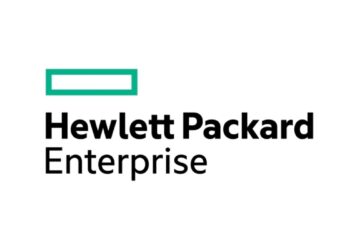Companies are operating remotely to sustain business continuity in the wake of the COVID-19 pandemic. The surge in teleworking, work from home, and remote workers have created a significant challenge for most companies’ cybersecurity infrastructure. For ensuring uninterrupted productivity, IT teams are cutting corners and ignoring existing security policies and practices, which will have major implications for business continuity in the long run.
Enterprises are enticing to test the merits and perils of operating global teams without shared offices. As WFH becomes, the new normal Enterprises are turning towards SSL VPN to remotely access important network resources and connect remote users to corporate resources. The demand for access, security, and performance has increased as well. SSL VPN settings help maintain network security regardless of the employee’s location, which is ideal for the current work situation in the corona pandemic. The advantage of SSL VPN is it can be connected anytime, anywhere.ee’s location which is ideal for the current work situation amid corona pandemic. The advantage of SSL VPN is it can be connected anytime, anywhere.
Traditional VPN solutions typically provide business continuity for a portion of the workforce. What companies require is a purpose-built platform that ensures the following:
- Performance and user experience – The ability to achieve latency and throughput performance and improve the end-user experience, thus protecting end-user productivity.
- Scalability – The ability to scale to a large number of concurrent users on a single hardware platform without performance degradation.
- Security – The ability to provide not only encryption but also deep packet inspection and application-level filtering without adversely affecting overall system performance.
The various shortcomings associated with integrated firewalls/ VPNs can all be addressed by using a platform built specifically for SSL VPNs. We need a purpose-built platform optimized and streamlined for operations that deliver dramatically higher throughput and lower latency than add-on SSL VPN platforms while allowing for a much higher number of concurrent users and SSL sessions.
SSL VPN security has become paramount, with everyone working remotely. Enterprises need a centralized access solution that ties together all aspects of the user’s identity, device, and network permissions, and can uniformly enforce policies, even for groups they do not control. As cybercrimes are on the rise, the purpose-built platform should ensure strong authentication, including support for the built-in one-time password, third-party multifactor authentication support, and application-layer firewall protection.
At this point, it’s smart to look for the best ways to make something good come out of this situation and to create our silver linings. Enterprises need a VPN platform that can grow with you to meet the VPN requirements of tomorrow.
Disclaimer: The author of this article is Shibu Paul Vice President- International Sales at Array Networks, Views expressed here are his own.























